Understanding Stainless Fasteners: Key Features, Types, and Applications
Created at : Jun 27, 2024
Stainless fasteners, also known as stainless steel fasteners, are hardware components used to join or secure objects together. They are made from stainless steel, a corrosion-resistant alloy composed primarily of iron, carbon, chromium, and other elements like nickel and molybdenum. Here are some key characteristics and benefits of stainless fasteners:
Characteristics
- Corrosion Resistance: Stainless fasteners are highly resistant to rust and corrosion, making them ideal for use in harsh environments, including marine, chemical, and outdoor applications.
- Strength and Durability: Stainless steel is a strong material that can withstand high stress and wear, providing long-lasting fastening solutions.
- Temperature Resistance: They can endure high and low temperatures, making them suitable for a wide range of applications.
- Aesthetic Appeal: Stainless steel fasteners have a shiny, attractive finish that is often preferred in visible applications for its clean, professional look.
- Non-magnetic Properties: Some grades of stainless steel are non-magnetic, which can be important in certain applications where magnetic interference is a concern.
Types of Stainless Fasteners
- Bolts and Screws: Used for assembling and securing parts, available in various head styles, threads, and sizes.
- Nuts: Paired with bolts and screws to provide a secure fastening, available in different styles such as hex, wing, and cap nuts.
- Washers: Used to distribute the load of a fastener and prevent damage to the material being fastened.
- Rivets: Permanent fasteners used for joining materials, often used in applications where disassembly is not required.
- Pins: Used to secure or align parts, available in various types like cotter pins, dowel pins, and clevis pins.
Common Grades of Stainless Steel for Fasteners
- 304 Stainless Steel: Also known as 18-8 stainless steel, it is the most common grade used for fasteners due to its good corrosion resistance and formability.
- 316 Stainless Steel: Contains molybdenum, which enhances corrosion resistance, making it suitable for marine and chemical applications.
- 410 Stainless Steel: A hardenable martensitic stainless steel that provides higher strength and wear resistance.
Applications
Stainless fasteners are used in a wide range of industries and applications, including:
- Construction: For building structures, bridges, and other infrastructure projects.
- Automotive: In vehicles for both internal and external components.
- Aerospace: In aircraft and spacecraft for their strength and resistance to extreme conditions.
- Marine: In boats, ships, and offshore platforms due to their excellent resistance to saltwater corrosion.
- Electronics: For assembling and securing electronic devices where corrosion resistance is critical.
Stainless fasteners are valued for their combination of strength, durability, and resistance to environmental factors, making them essential components in many industries. When you need stainless fasteners in Texas, contact TS Fasteners--your reputable source for your fastener needs.
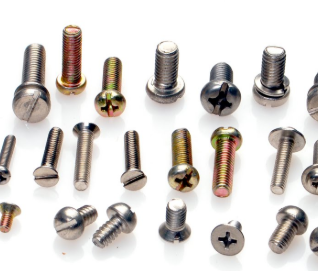 SCREWS
SCREWS
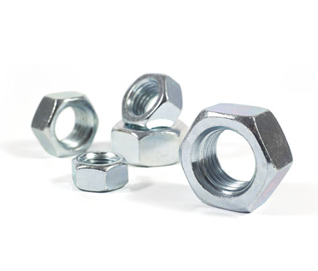 NUTS
NUTS
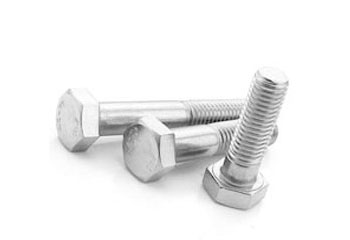 BOLTS
BOLTS
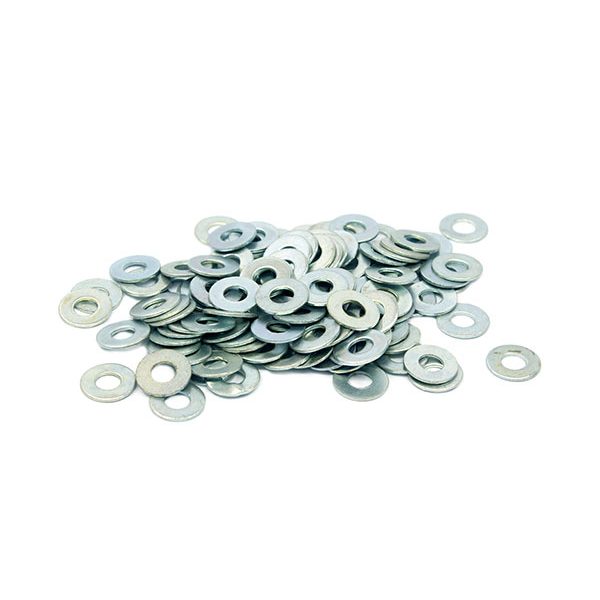 WASHERS
WASHERS
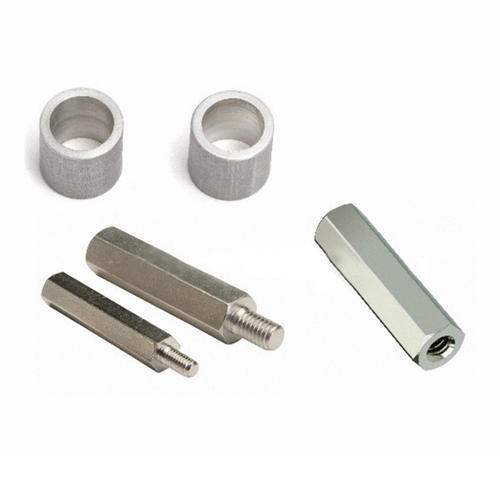 SPACERS & STANDOFFS
SPACERS & STANDOFFS
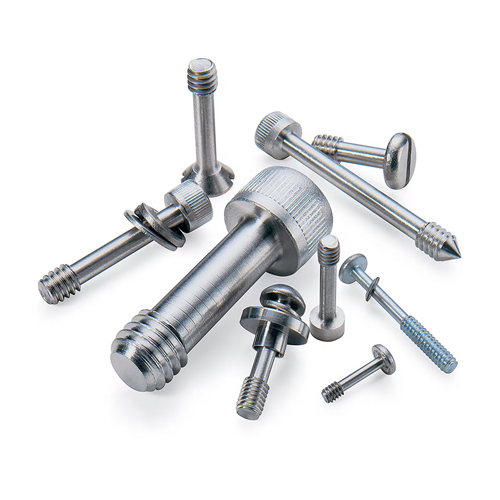 PRECISION/CUSTOM PARTS
PRECISION/CUSTOM PARTS
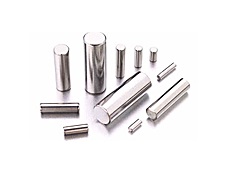 PINS
PINS
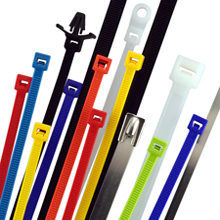 WIRE HANDLING
WIRE HANDLING
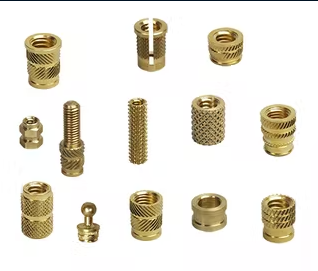 INSERTS
INSERTS
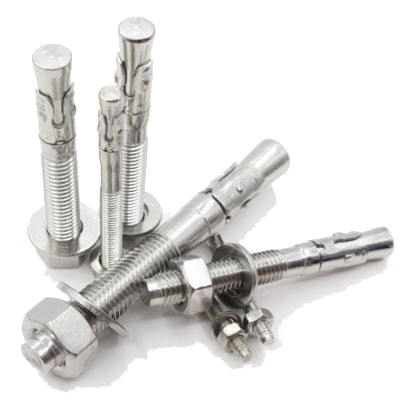 ANCHORS
ANCHORS
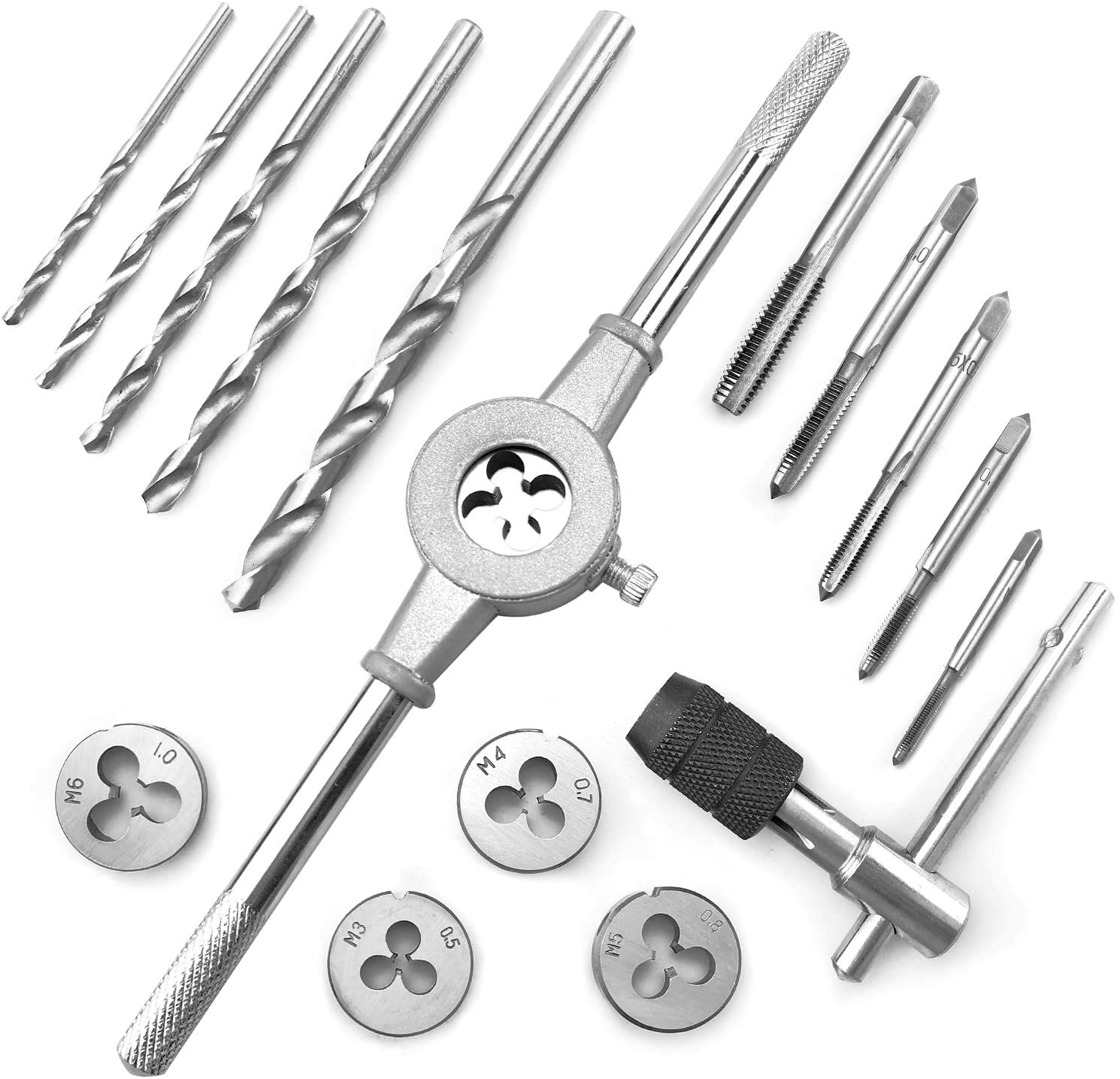 DRILL BITS, TAPS, & DIES
DRILL BITS, TAPS, & DIES
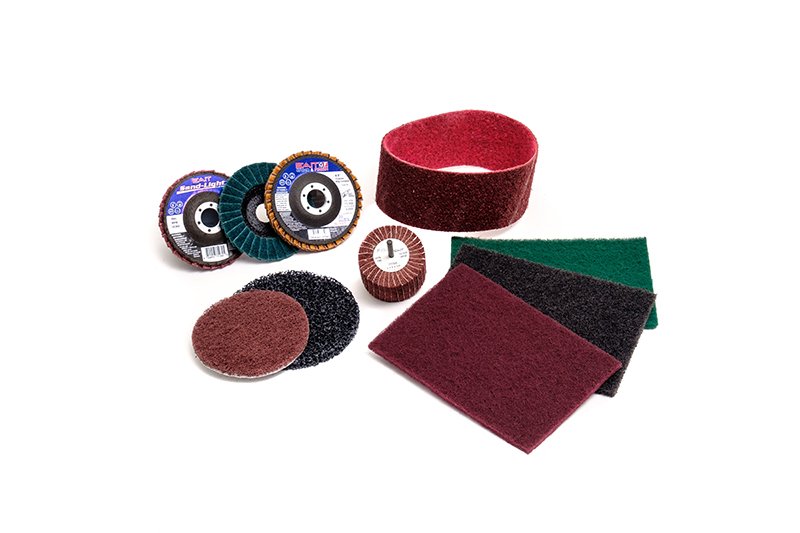 ABRASIVES & SAWBLADES
ABRASIVES & SAWBLADES
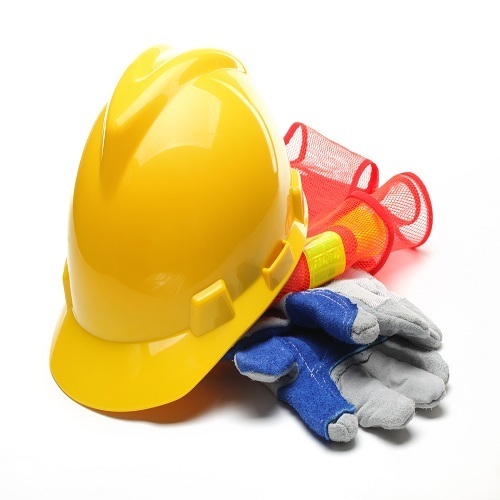 SAFETY EQUIP.
SAFETY EQUIP.
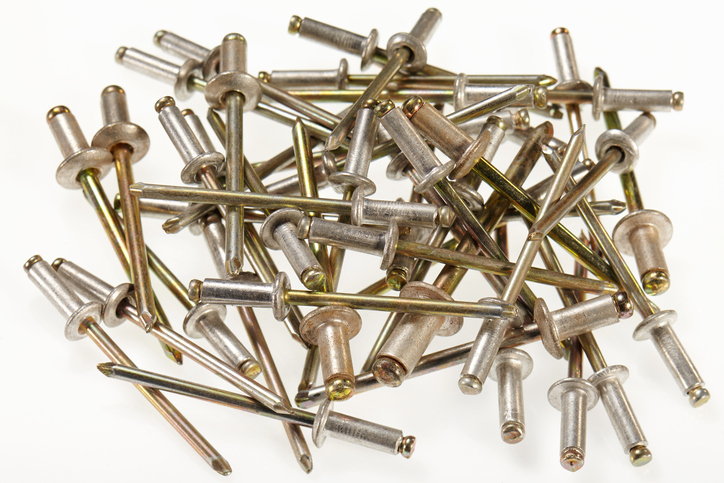 MISC.
MISC.
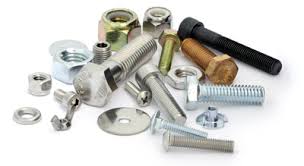 MATERIAL TYPES
MATERIAL TYPES
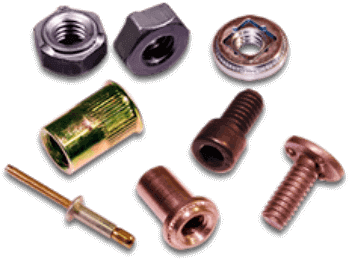 PLATING TYPES
PLATING TYPES